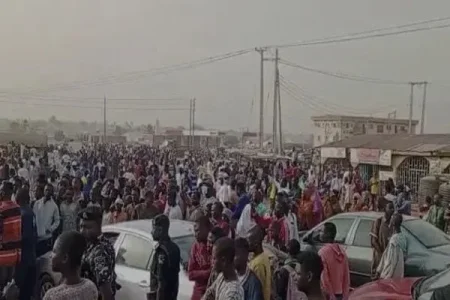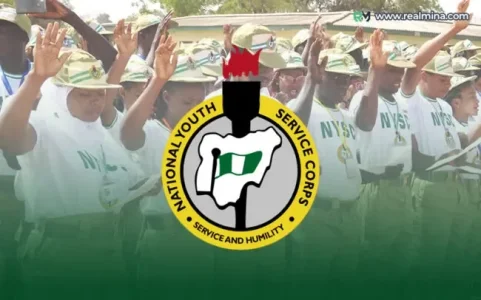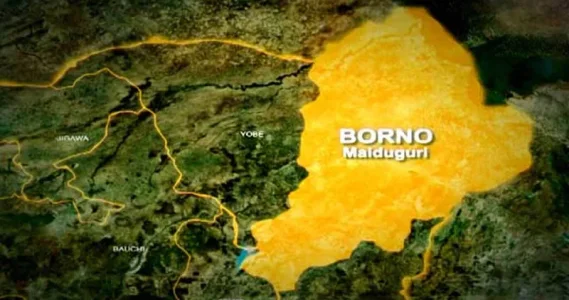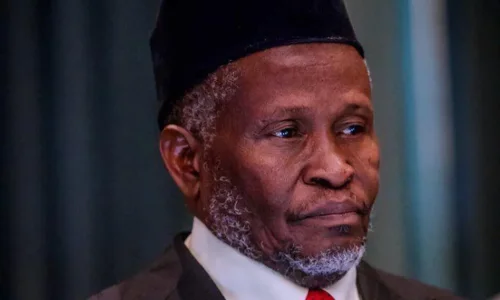
Nigeria is gearing up for a nationwide protest on August 1, 2024, organized by 26 groups including the Revolution Now Movement. Dubbed #EndBadGovernanceInNigeria, the protest will address bad governance, economic hardship, and corruption, with demonstrations planned across all states and the Federal Capital Territory.
In a bold stand against widespread dissatisfaction with the current administration, various groups in Nigeria are organizing a nationwide protest set to begin on August 1, 2024. The movement, spearheaded by a coalition of 26 organizations including the Concerned Nigerians, Nigerians Against Hunger, and the Revolution Now Movement, aims to address issues of bad governance, economic hardship, and systemic corruption.
The protest, branded #EndBadGovernanceInNigeria, is expected to see demonstrations across all 36 states and the Federal Capital Territory. Notable locations for the protests include Lagos, Kano, Bauchi, Enugu, and the Federal Capital Territory, with each area planning specific rally points. Omoyele Sowore, a leading figure in the Revolution Now Movement, has called for citizens to join the movement, adding that the protest will continue until the government's response is deemed satisfactory.
Tensions are high as preparations for the protest unfold. The Inspector General of Police, Kayode Egbetokun, has urged all groups to provide details of their plans to local police to ensure the safety and orderliness of the protests. The IG emphasized that any protest must adhere to guidelines to prevent potential violence and ensure public safety.
Meanwhile, the Department of State Services (DSS) has accused the Take It Back Movement of having its account frozen as a strategy to disrupt the protest's funding. The group has threatened legal action if the account is not unfrozen within 24 hours.
The protest has garnered support from various civil society groups but has also faced opposition from some quarters. The Christian Association of Nigeria (CAN) has recommended alternative methods of voicing grievances, such as dialogue and petitions, to avoid potential violence.
Additionally, concerns have been raised by notable figures including the Chairman of Tantita Security Services, High Chief Government Ekpemupolo, who has urged protest organizers to reconsider their plans, citing ongoing governmental efforts to address the country’s economic issues.
As the protest date approaches, the Federal Capital Territory Police Command has mobilized over 4,200 officers, and other states are also enhancing their security measures. The military has stated it will only intervene if police forces are overwhelmed.
Legal experts have weighed in, affirming the constitutional right to peaceful assembly and protest while cautioning against potential disruptions by hostile actors.
This nationwide protest is shaping up to be a significant event in Nigeria’s political landscape, highlighting the growing public frustration with the current administration and the systemic challenges facing the country.




